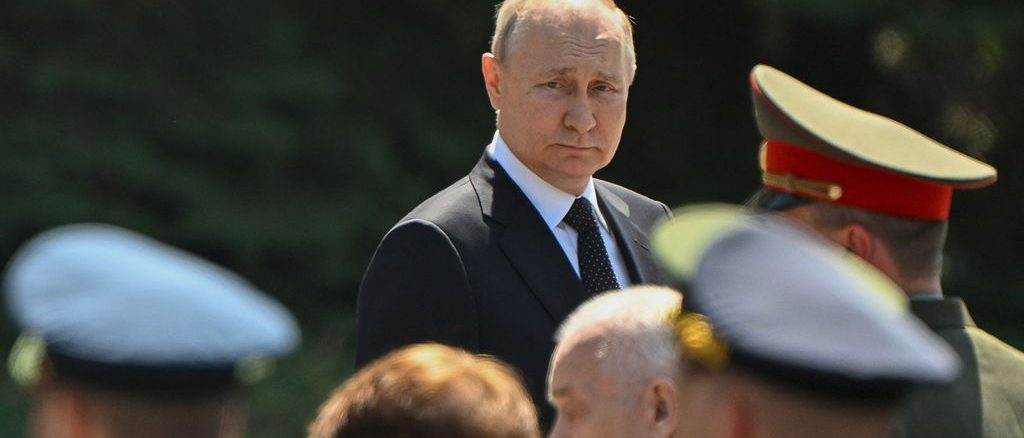
European government leaders consider using frozen Russian assets to rebuild Ukraine
European government leaders are discussing plans to utilize frozen Russian assets to support the reconstruction of Ukraine and finance its army. The proposal revolves around the idea of repurposing more than EUR 200 billion in Russian assets that are currently frozen in the European Union due to sanctions over their involvement in the war in Ukraine. However, the question remains: can these assets be used in this manner without significant consequences?
The frozen Russian assets consist of bank accounts and other properties belonging to Russians and organizations supporting the war in Ukraine. The majority of these assets are deposits of the Russian central bank. Ukrainian President Volodymyr Zelensky supports the idea of confiscating these assets, stating that “Russia must pay the full price for its aggression.”
Legal complexities and potential consequences
Although the proposal may garner sympathy in Europe, it is not a simple process. Yvo Amar, a lawyer and expert in sanction laws, explains that expropriation is not easy to implement. It is only possible if the money in question was obtained through criminal acts. Merely having ties with Putin or being involved in the war does not provide sufficient grounds for seizing the assets.
Moreover, using these frozen assets to support Ukraine’s reconstruction comes with potential risks. Economist Mathijs Bouman warns that by utilizing these funds, Europe would be putting something at stake. The exact implications and consequences of such actions must be carefully considered before moving forward.
Despite the complexities, European leaders are determined to find a way to benefit Ukraine using these frozen assets. A working group has been established to explore the possibilities, acknowledging that direct confiscation may not be feasible. “But there are other possibilities,” says Anders Ahnlid, the Swedish chairman of the working group.
Belgium’s approach and its implications
Belgium’s recent announcement has caught the attention of other European countries. They declared that rather than providing direct credits to Ukraine, they would allocate a portion of the interest income generated by the frozen Russian assets. Through this approach, Belgium aims to contribute to the Ukraine’s support and provide aid to Ukrainian refugees within its borders. This year alone, Belgium plans to allocate 625 million euros towards these efforts.
However, Belgium’s approach is not without controversy. Koen Schoors, an economics professor at Ghent University, highlights the unique position of Belgium due to Euroclear, a financial services provider based in Brussels, which holds a substantial amount of the frozen Russian money. This generates significant interest income, which Belgium can allocate for its intended purposes. Nonetheless, the discussion about the extent to which countries can go in utilizing these assets remains unresolved. There are concerns about violating property rights and potentially undermining the confidence in the euro.
Koen Schoors, professor of economics, warns that countries like China may seek alternatives if they perceive potential political manipulation in financial matters.
Potential options for utilizing Russian assets
Within the European Union, two main options are being considered for leveraging the frozen Russian assets. The first option involves imposing a tax on the interest income generated by these assets, similar to Belgium’s approach. This tax could potentially be set at a higher rate to maximize revenue for Ukraine. The second option is for European countries to invest the money themselves and then allocate the proceeds to Ukraine.
Ultimately, the decision on how to proceed lies with the European leaders who are convening next week. Professor Schoors emphasizes that caution must be exercised to avoid undermining confidence in the euro. The potential risk of countries, particularly China, redirecting their financial investments due to concerns over political manipulation should also be taken into account.
It remains uncertain whether a decision will be reached during the upcoming meeting. However, European Commission President Ursula von der Leyen has announced that a proposal will be presented before the summer recess, emphasizing the importance of holding the perpetrators accountable for their actions.

Be the first to comment